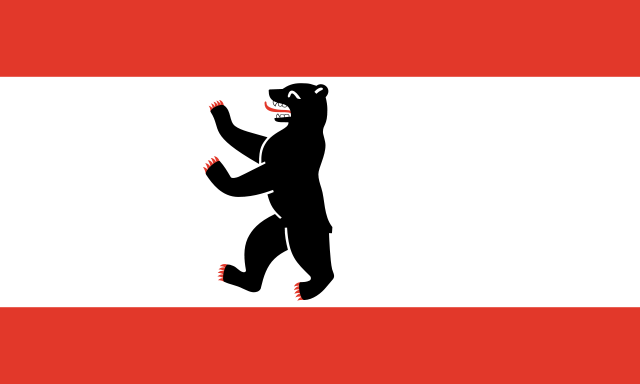Oktober 4th, 2015
Berlin’s former mayor famously described the city as “poor but sexy”. It was a neat way of summing up the spirit of the capital. Exciting and sexy, it certainly is. But compared to other German cities, Berlin is relatively poor.
Look at the figures. If average household spending power across Germany is 100, Berlin comes in at 93.8 – some 6 percent or so below the figure for the country as a whole. Compare that with other major cities. The household purchasing power index for Cologne is 107.7, according to data drawn up by real estate finance group Berlin Hyp and property agents CBRE. In Dusseldorf, the figure is 118.7, and for Munich, it is 133.6.
Unsurprisingly, the more affluent the city, the higher rents tend to be. That is to be expected. But significantly, there is evidence that as households become better off, they will devote a greater proportion of that increased income to housing: put simply, if they have 10 percent more to spend, the sum they are prepared to pay in rent increases by something above 10 percent.
So what does that mean for the Berlin housing market? And what are the lessons for property investors thinking of buying in the city?
Several factors come into play. First, Berlin’s population is increasing. Second, many of the industries that provide jobs for Berliners are flourishing. Take one example: the city’s largest single economic sector is tourism, and Berlin behind only London and Paris of the league table of visitors to European capitals.
Third, Berlin has become a crucible of innovation and entrepreneurship: around 40,000 new companies are established in the city each year.
Add all this up. A decade ago, Berlin was undoubtedly an economic laggard. Now, it is one of the fastest-growing parts of Germany. In just 12 months, from mid-2013 to 2014, the number of employees in Berlin – measured by those paying social insurance contributions – rose by 3.3 percent, almost double the increase for Germany as a whole.
None of this is to say that Berlin is rich compared with other large cities. It is not: recall the phrase poor but sexy.
This was highlighted last year in an article in the UK Guardian –http://www.theguardian.com/business/2014/jan/03/berlin-poor-sexy-silicon-valley-microsoft-google
However, the crucial point is that for the Berlin economy, the direction of travel is unambiguously upwards. The number of unemployed has fallen by a third over the past decade.
There is no sign that the upward trajectory will not continue. And that should underpin the property market for investors. Berlin is a city that is catching up. Its housing market reflects that.
=================================================
Next Estate GmbH is a Berlin based Real Estate company that focuses on the local Berlin real estate requirements of clients in Germany and worldwide.
Next Estate serves both the local German market and International clientele and our staff speak and deal with our clients in German, English, French, Italian and Spanish. https://www.next-estate.de/en/immobilien/home/
